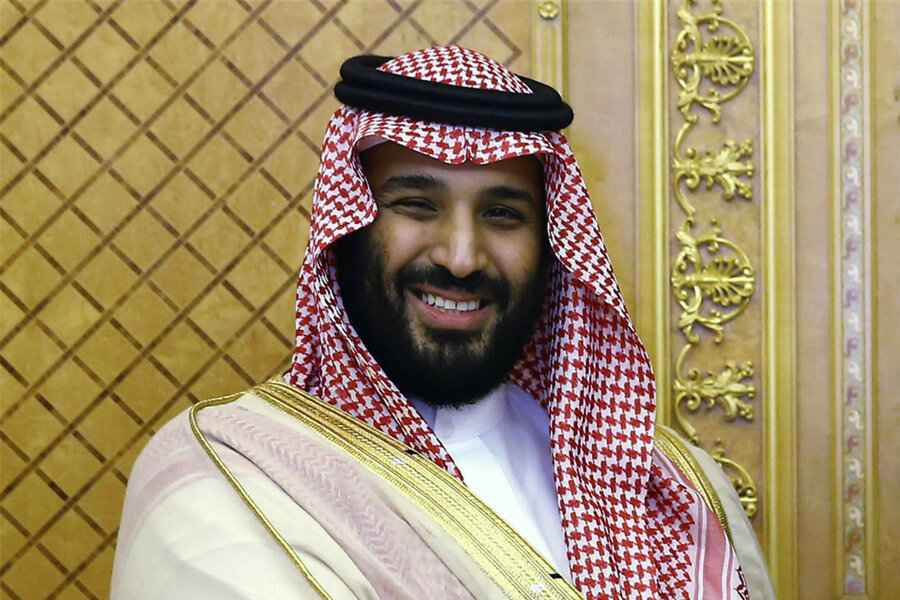Saudi Arabia to reform education system and fight 'extremist ideologies'
Loading...
| Riyadh, Saudi Arabia
Saudi Arabia is revamping its education curriculum to eradicate any trace of Muslim Brotherhood influence and will dismiss anyone working in the sector who sympathizes with the banned group, the education minister said.
Promoting a more moderate form of Islam is one of the promises made by Crown Prince Mohammed bin Salman under plans to modernize the deeply conservative Muslim kingdom.
The education ministry is working to "combat extremist ideologies by reviewing school curricula and books to ensure they do not reflect the banned Muslim Brotherhood's agenda," Ahmed bin Mohammed al-Isa said in a statement issued on Tuesday.
It would "ban such books from schools and universities and remove those who sympathize with the group or its ideology from their posts," he added.
In September, a large Saudi public university announced it would dismiss employees suspected of ties to the Muslim Brotherhood, adding to concerns that the government is clamping down on its critics in academia and beyond.
Earlier this month, Mohammed bin Salman told CBS in an interview that Saudi schools have been "invaded" by elements of the Muslim Brotherhood, which has been designated by Saudi Arabia as a terrorist organization along with other militant groups such as al Qaeda and Islamic State.
The young crown prince has already taken some steps to loosen Saudi Arabia's ultra-strict social restrictions, scaling back the role of religious morality police, permitting public concerts, and announcing plans to allow women to drive.
The ruling al-Saud family has always regarded Islamist groups as a major internal threat to its rule over a country where appeals to religious sentiment resonate deeply and an al Qaeda campaign a decade ago killed hundreds.
Since the kingdom's founding, the Al Saud have enjoyed a close alliance with clerics of the ultra-conservative Wahhabi school of Islam who have espoused a political philosophy that demands obedience to the ruler.
By contrast the Brotherhood advances an active political doctrine urging revolutionary action.
A political Islamist organization founded in Egypt nearly a century ago, the Muslim Brotherhood says it is committed to peaceful activism and reform through elections, and its adherents span the region, holding elected office in Arab countries from Tunisia to Jordan.
Brotherhood members fleeing repression in Egypt, Syria, and Iraq half a century ago took shelter in Saudi Arabia, some taking up roles in the kingdom's education system and helping to establish the Sahwa or "Awakening" movement which agitated in the 1990s for democracy.
The Sahwa mostly fizzled, with some activists arrested and others coaxed into conformity, though admirers and its appeal lingered.
This story was reported by Reuters.







